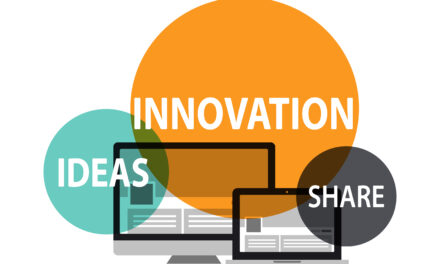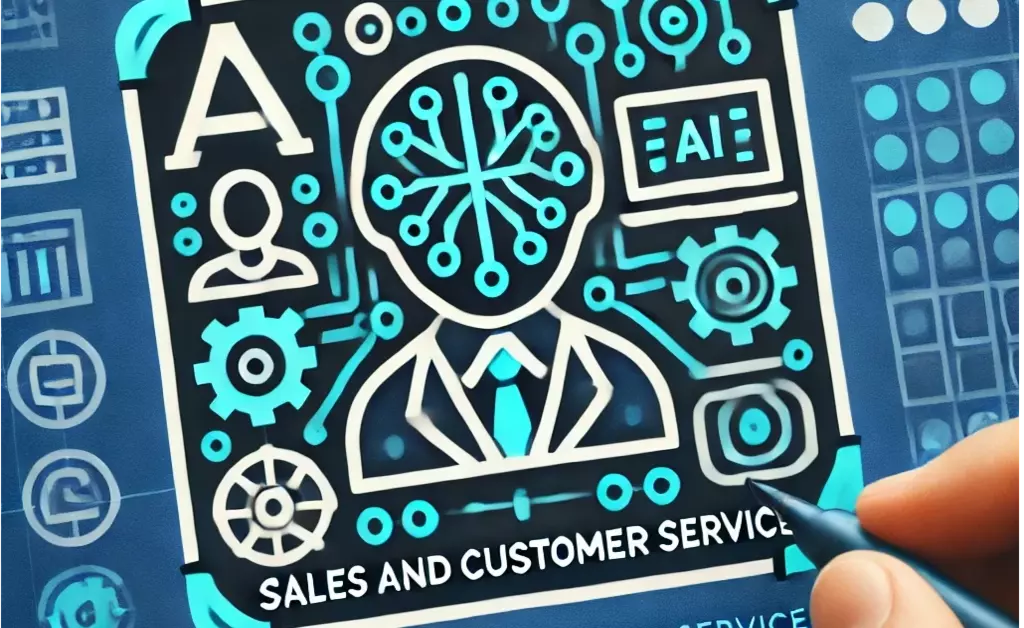In today’s competitive business landscape, leveraging technology to optimize sales strategies has become essential. Artificial Intelligence (AI) has emerged as a game-changing tool in sales, offering insights, automation, and precision that were previously unattainable. This article explores AI’s transformative impact on sales strategies, examining its applications, benefits, and future potential.
Understanding AI in Sales
Artificial Intelligence uses advanced algorithms and data analytics to perform tasks that typically require human intelligence. In sales, AI can analyze vast amounts of data, predict customer behaviour, automate routine tasks, and provide actionable insights. This capability allows sales teams to operate more efficiently, personalize interactions, and ultimately drive more revenue.
Key Applications of AI in Sales Strategies
1. Predictive Analytics
Predictive analytics uses AI to analyze historical data and forecast future outcomes. This means identifying potential leads, predicting customer behaviour, and optimizing sales strategies based on data-driven insights.
For instance, Salesforce’s Einstein AI platform utilizes predictive analytics to help sales teams prioritize leads and opportunities that are most likely to convert. According to a study by McKinsey, companies that use predictive analytics are 21% more likely to achieve above-average profitability and productivity source.
2. Customer Segmentation
AI can analyze customer data to create detailed segments based on various factors such as behaviour, preferences, and purchase history. This enables sales teams to tailor their approaches to different customer segments, increasing the chances of conversion.
For example, AI tools like HubSpot use customer segmentation to personalize marketing and sales efforts, ensuring that the right message reaches the right audience at the right time.
3. Lead Scoring
Lead scoring involves assigning values to leads based on their likelihood to convert. AI can enhance lead scoring by analyzing vast data points, including past interactions, behaviour patterns, and demographic information.
Tools like Marketo use AI-driven lead scoring to prioritize leads, helping sales teams focus on the most promising prospects. This results in more efficient use of resources and higher conversion rates.
4. Sales Forecasting
Accurate sales forecasting is crucial for setting realistic goals and making informed business decisions. AI can analyze historical sales data, market trends, and other relevant factors to predict future sales accurately.
According to a report by Research and Markets, the global sales forecasting market is expected to reach $4.5 billion by 2027, driven by the increasing adoption of AI and machine learning technologies source.
5. Chatbots and Virtual Assistants
AI-powered chatbots and virtual assistants can handle routine customer inquiries, schedule appointments, and provide product recommendations. This frees up sales representatives to focus on more complex and high-value tasks.
For instance, Drift’s AI chatbot engages with website visitors, qualifying leads and scheduling meetings with sales representatives. A study by Business Insider estimates that by 2024, consumer retail spending via chatbots will reach $142 billion—up from $2.8 billion in 2019 source.
6. Personalization
Personalized interactions are key to building strong customer relationships. AI can analyze individual customer data to provide personalized recommendations, content, and communication.
Amazon’s AI-driven recommendation engine is a prime example of personalization at scale, driving a significant portion of the company’s revenue. According to a report by Accenture, personalization can increase sales by up to 15% source.
7. Sales Process Automation
AI can automate various aspects of the sales process, from data entry to follow-up emails. This not only increases efficiency but also ensures that no opportunities are missed.
For example, AI tools like Pipedrive offer sales automation features that streamline the sales workflow, allowing sales teams to focus on closing deals rather than administrative tasks.
Benefits of AI-Driven Sales Strategies
1. Increased Efficiency
AI automates repetitive tasks, allowing sales teams to focus on high-value activities. This leads to increased productivity and more efficient resource use.
2. Enhanced Customer Insights
AI provides deep insights into customer behaviour and preferences, enabling sales teams to tailor their approaches and deliver more personalized experiences.
3. Improved Lead Quality
By accurately scoring and segmenting leads, AI ensures that sales teams focus on the most promising prospects, leading to higher conversion rates.
4. Better Sales Forecasting
AI’s ability to analyze vast amounts of data results in more accurate sales forecasts, helping businesses set realistic goals and make informed decisions.
5. Cost Savings
Automating routine tasks with AI reduces the need for extensive administrative support, resulting in significant cost savings.
6. Competitive Advantage
Businesses that leverage AI in their sales strategies gain a competitive edge by operating more efficiently, understanding customers better, and closing more deals.
Future Potential of AI in Sales
The future of AI in sales looks promising, with several trends and advancements on the horizon:
1. Advanced Personalization
AI will continue to advance in its ability to deliver hyper-personalized experiences. By analyzing more granular data points, AI will enable sales teams to create even more tailored interactions.
2. Enhanced Predictive Analytics
As AI algorithms become more sophisticated, predictive analytics will become more accurate and reliable. This will allow sales teams to anticipate customer needs and trends precisely.
3. Integration with IoT
Integrating AI with the Internet of Things (IoT) will provide real-time data and insights, enabling sales teams to respond to customer needs more quickly and effectively.
4. Ethical AI Practices
As AI becomes more prevalent, there will be a growing emphasis on ethical AI practices. To maintain customer trust, sales teams must ensure transparency, fairness, and accountability in their AI-driven strategies.
5. AI-Driven Sales Coaching
AI will increasingly assist in sales coaching by analyzing performance data and providing personalized training recommendations. This will help sales teams continuously improve their skills and effectiveness.
Conclusion
Artificial Intelligence is undeniably transforming the sales landscape. From predictive analytics and customer segmentation to lead scoring and process automation, AI offers numerous benefits that enhance sales strategies and drive business growth. As AI technology continues to evolve, its role in sales will only become more significant.
We invite you to share your thoughts and experiences on leveraging AI in sales strategies. How has AI impacted your sales processes? What future trends do you foresee? Join the conversation in the comments below.
References
- The need to lead in data and analytics – McKinsey
- Sales Forecasting Software Market – Global Outlook and Forecast 2021-2027 – Research and Markets
- Chatbot Market Stats & Trends – Business Insider
- Personalization Checkout – Accenture
Disclaimer
The information provided in this article is for general informational purposes only. All information in the article is provided in good faith; however, we make no representation or warranty of any kind, express or implied, regarding the accuracy, adequacy, validity, reliability, availability, or completeness of any information in the article. Readers are encouraged to seek professional advice before making any business decisions based on the information provided in this article.








